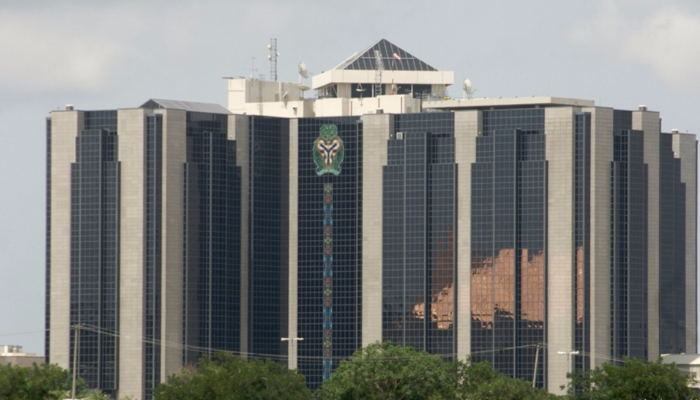The Central Bank of Nigeria (CBN) has reinforced its supervision of commercial banks currently undergoing the recapitalisation process to ensure transparency, financial soundness, and compliance with established regulatory standards. This move is part of the apex bank’s broader effort to strengthen the resilience of the financial system and enhance the capacity of banks to support Nigeria’s growing economy.
According to the CBN, the recapitalisation exercise is being closely monitored to verify that banks raise their capital through legitimate and verifiable means. The apex bank has mandated that all participating financial institutions disclose the sources of their new capital and submit detailed implementation plans that outline whether funds will be sourced through rights issues, mergers, private placements, or other investment instruments.

CBN Governor, Yemi Cardoso, emphasized that the process is crucial to building a more stable and competitive banking sector capable of financing key sectors of the economy. He explained that the ongoing recapitalisation will not only boost investor confidence but also safeguard depositors’ funds and strengthen the system against future shocks. Cardoso added that the bank will continue to adopt stringent monitoring to ensure that funds raised are not linked to illicit financial activities.
Under the current recapitalisation framework, international banks are expected to increase their minimum capital base to ₦500 billion, while national banks are required to raise ₦200 billion. Regional banks must achieve at least ₦50 billion, and non-interest banks are to meet lower thresholds, depending on their operational licenses. The CBN has set a compliance deadline of March 2026, giving banks sufficient time to meet the new requirements.
So far, several banks have met the capital target ahead of schedule, signaling strong progress in the sector. However, a few institutions still have significant capital shortfalls, and industry analysts predict that some may need to merge, restructure, or scale down their license scope to comply. The CBN has made it clear that it will not grant forbearance or special waivers to any bank that fails to meet the set threshold within the timeline.
To further enhance accountability, the CBN has partnered with relevant law enforcement and financial regulatory agencies to scrutinize all capital inflows and verify the authenticity of investors. This collaboration ensures that only clean funds are injected into the banking system, in line with global anti-money laundering and counter-terrorism financing standards.
The apex bank has also launched on-site and remote monitoring programs to track banks’ progress in real time. These assessments include evaluating each bank’s capital adequacy ratio, governance structure, and risk management systems. The CBN stressed that recapitalisation is not solely about raising money but also about ensuring strong corporate governance and responsible management practices.
Governor Cardoso reiterated that the recapitalisation effort aligns with the government’s broader goal of economic recovery and sustainable growth. He noted that a well-capitalised banking sector is essential for financing infrastructure projects, supporting small and medium enterprises, and stimulating industrial development across the country.
Despite the progress made, experts warn that the recapitalisation process could face challenges from currency volatility, inflationary pressures, and declining investor appetite. Smaller banks with limited regional reach may find it more difficult to attract new investments compared to larger institutions with international networks.
Nevertheless, financial analysts believe the CBN’s proactive supervision and emphasis on transparency will ensure that the recapitalisation exercise achieves its intended objectives. The regulator’s insistence on clean funding sources, sound risk management, and timely compliance is expected to result in a more stable, liquid, and resilient financial system.
As the 2026 deadline approaches, the CBN has assured the public that it will continue to engage stakeholders, publish progress updates, and intervene where necessary to maintain financial stability. The apex bank’s intensified oversight marks a critical step toward building stronger institutions capable of driving economic transformation and safeguarding Nigeria’s financial future.
Support InfoStride News' Credible Journalism: Only credible journalism can guarantee a fair, accountable and transparent society, including democracy and government. It involves a lot of efforts and money. We need your support. Click here to Donate
